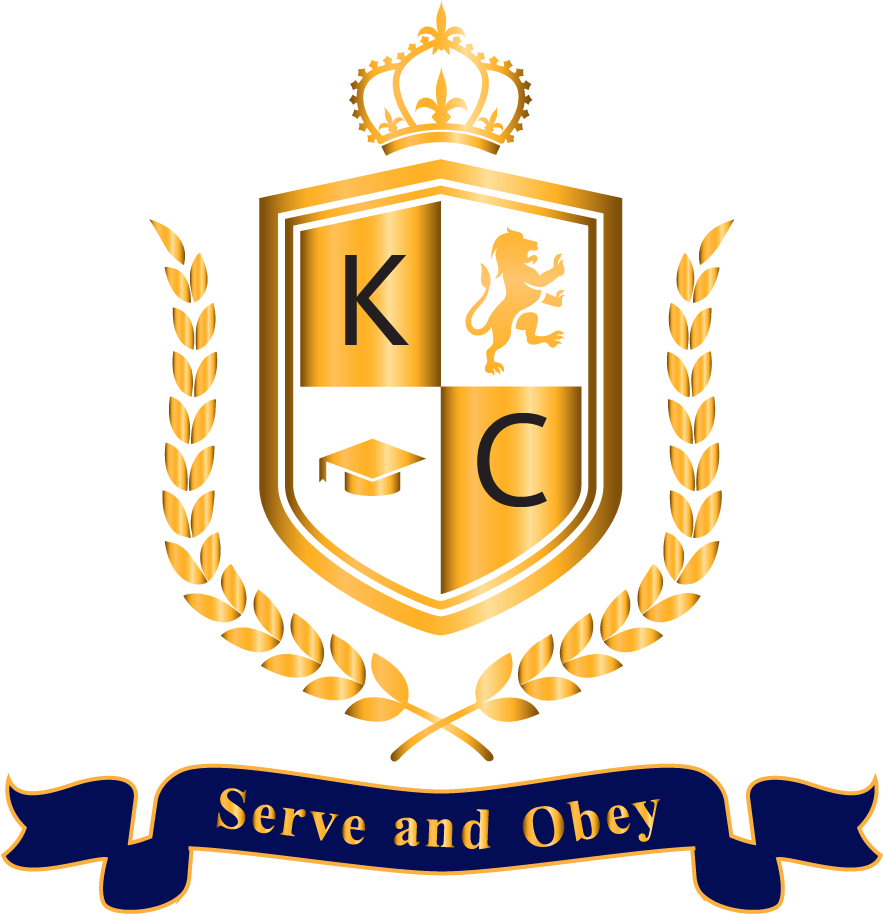Certificate vs. Diploma: What’s the Best Option for You?
When choosing to further your education, one of the most common questions is whether to pursue a certificate or a diploma. Both options offer valuable benefits and can help you achieve your career goals, but understanding the differences between them is essential to making the best choice for your future.
In this post, we’ll break down the key differences, benefits, and career implications of certificate and diploma programs to help you make an informed decision that aligns with your professional ambitions.
1. Program Length and Time Commitment
Certificate Programs: (Kings College Certificate Programs is 1 year )
Shorter in Duration: Typically, certificate programs are designed to be completed in a shorter time frame, often ranging from a few weeks to a few months. These programs are focused on delivering essential knowledge and skills in a specific subject area without delving into broader academic theory.
- Quick Skill Acquisition: Certificates are ideal if you’re looking to gain specific skills quickly, such as learning a new software, acquiring technical knowledge, or getting certified in an industry-standard tool.
Diploma Programs: (Kings College Diploma Programs are 1- 3 years)
- Longer in Duration: Diplomas usually take one to three years to complete, providing a more comprehensive understanding of a particular field. They often include more in- depth coursework and sometimes practical training or internships.
- Broader Education: Diplomas not only focus on skill-building but also cover theoretical concepts and a wider range of topics within your chosen field, giving you a more robust educational experience.
2. Depth of Study
Certificate Programs:
- Narrow Focus: Certificate programs are highly specialized and focus on one particular area or skill. For example, a certificate in Digital Marketing might teach you how to manage social media campaigns or optimize websites for search engines.
- Immediate Application: This makes certificate programs ideal if you’re already working and need to quickly enhance a specific skill set to advance in your current role.
Diploma Programs:
- Comprehensive Knowledge: Diplomas provide a well-rounded education that often includes both practical skills and theoretical understanding. For example, a Business
Management Diploma will cover a wide range of topics such as finance, human resources, marketing, and leadership.
- Career-Ready Preparation: This broader approach equips you with a more extensive skill set, making you well-prepared for a variety of roles within your chosen industry.
3. Career Advancement and Opportunities
Certificate Programs:
- Targeted Career Boost: If you’re looking to specialize in a specific area or advance within your current career, a certificate can provide the boost you need. Many professionals pursue certificates to stay updated on the latest trends and technologies in their field, without committing to a longer-term program.
- Entry-Level Roles: For some industries, certificates are sufficient for entry-level positions or niche roles, such as IT support or graphic design.
Diploma Programs:
- Broader Career Scope: Diplomas are highly valued in industries where employers expect more comprehensive education and training. With a diploma, you’ll be eligible for a wider range of positions, including more senior or managerial roles.
- Higher Earning Potential: Because diplomas provide a deeper understanding of your field, they often come with the potential for higher starting salaries and more opportunities for career growth.
4. Cost and Financial Considerations
Certificate Programs:
- Lower Cost: One of the main advantages of certificate programs is that they are typically less expensive than diploma programs due to their shorter duration. This makes them an affordable option if you want to quickly gain a skill without the financial commitment of a longer-term program.
- Less Financial Aid: However, because certificate programs are shorter, they may offer fewer options for financial aid or scholarships.
Diploma Programs:
- Higher Cost: Diploma programs generally require a larger financial investment, as they take longer to complete and cover more material. However, this can be seen as an investment in your future, as it provides broader career opportunities and higher earning potential.
- More Financial Support: Many diploma programs offer more opportunities for scholarships, financial aid, and payment plans to help students manage costs.
5. Flexibility and Learning Format
Certificate Programs:
- Highly Flexible: Many certificate programs are offered online or in a flexible format to accommodate working professionals. This allows you to study part-time while continuing to work, making it easier to balance education with other responsibilities.
Diploma Programs:
- Structured Learning: Diploma programs may require more structured class schedules, though many institutions, including Kings College, offer part-time or online options for students who need more flexibility. However, the longer duration means that diploma programs require a greater time commitment overall.
6. Which Should You Choose?
Certificate Programs Are Ideal If:
- You need to acquire specific skills quickly to advance in your current job.
- You’re already working in your field and want to specialize in a particular area.
- You’re looking for a low-cost, short-term educational solution.
Diploma Programs Are Ideal If:
- You’re looking for a comprehensive education that will open up more career opportunities.
- You’re entering a new field and want to gain a solid foundation of knowledge and skills.
- You’re interested in managerial or leadership roles that require deeper understanding and training.
Conclusion: What’s the Best Option for You?
The decision between pursuing a certificate or a diploma ultimately depends on your career goals, current job situation, and the amount of time and money you’re willing to invest. If you need a fast, specialized education, a certificate is a great option. However, if you’re looking for a more in-depth education with broader career implications, a diploma might be the better choice.
At Kings College, we offer both certificate and diploma programs across various fields, designed to help you succeed no matter which path you choose. Explore our course offerings today and take the next step toward your future!

